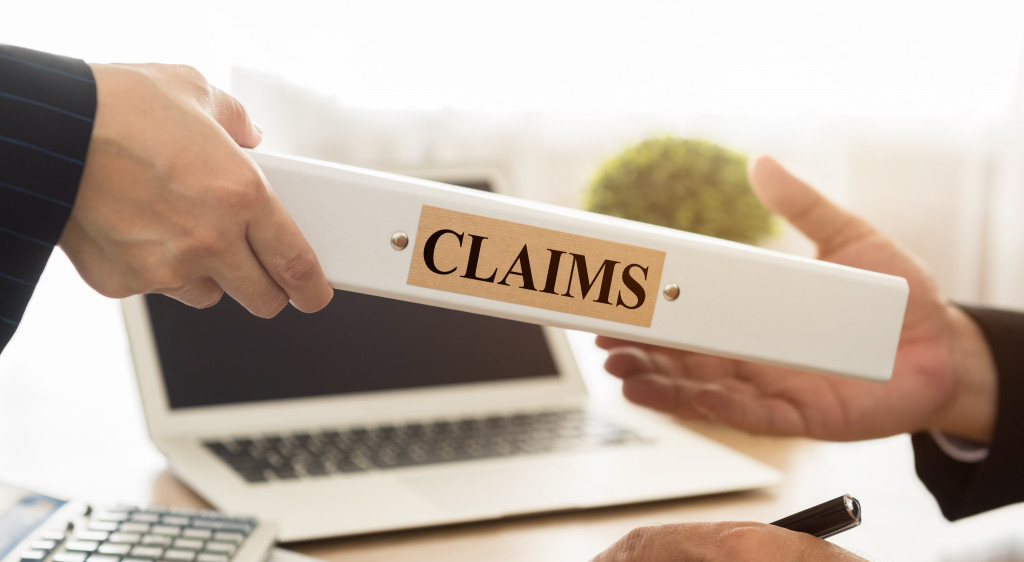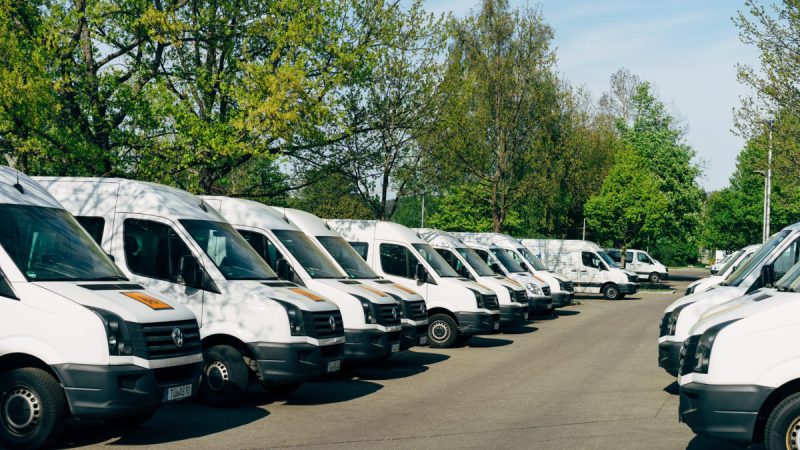Setting Up Protection for Your Small Business: Best Steps

Small businesses are the backbone of the American economy, accounting for over 60% of the private-sector open roles in the United States. It makes them a vital sector that gives millions of Americans secured jobs.
Small businesses are often vulnerable to theft and criminal activity despite their importance. According to the National Federation of Independent Businesses, 60 percent of small businesses experienced a crime in 2019, which is likely to be even higher today.
As a result, small businesses must invest heavily in protecting their assets. Here are some of the best steps to protect your small business.
Physical Security
The first step in protecting your small business is physically securing your premises. It means installing solid locks on doors and windows, investing in security cameras and alarm systems, and taking other measures to make it difficult for criminals to break into your business.
You should also consider hiring security guards or using patrol services to deter crime and respond quickly if a break-in does occur. Fortunately, you can partner with security companies for those specializations. Of course, personnel alone will not be enough to secure your business fully; you will also need to implement physical security measures. Those involve:
- Evaluating your business’s vulnerabilities and risks
- Determining what security measures are appropriate
- Implementing those measures
- Monitoring your security system regularly to ensure that it is effective
Security tools will also be essential to secure your business physically. Here are some of the most important ones:
- Locks – Invest in high-quality locks for all doors and windows. You may also want to consider adding security bars to vulnerable entry points.
- Security cameras – Install security cameras inside and outside of your business. Place them strategically, so they can capture footage of anyone attempting to break in.
- Alarm system – A burglar alarm will alert you (and potentially the police) if someone tries to break into your business.
Cybersecurity
In today’s digital world, businesses must also invest in cybersecurity to protect their data and online assets. Cyberattacks are becoming more common, and small businesses are often targeted because they lack the resources to defend themselves properly.
To protect your business from cyberattacks, you should take the following steps:
- Educate your employees – Your employees should be aware of the dangers of cyberattacks and how to prevent them. Ensure they know not to open suspicious emails or click on links from unknown sources.
- Install security software – Install security software on your business’s devices, including computers, smartphones, and tablets. This software will help protect your data from being hacked.
- Create strong passwords – Create strong passwords for all your business’s accounts and change them regularly.
- Back up your data – Back up your information regularly so you can restore it if it is lost or corrupted in a cyberattack.
Insurance

Another way to protect your small business is to purchase insurance. This feature will help cover the costs of any damage or loss resulting from a crime. Many types of insurance are available, so buy the policy that best meets your needs. Retailers, for example, may want to purchase crime insurance, which covers losses due to theft, shoplifting, and vandalism.
Business interruption insurance is another type of policy that can benefit small businesses. This insurance covers the costs of lost income if your business gets forced to close due to a crime. Another option is to purchase a property insurance policy, which will cover the cost of repairing or replacing your business’s physical assets if they get damaged in a crime.
While insurance can’t prevent crime, it can help you financially recover if your business gets victimized. No matter what type of insurance you purchase, read the policy carefully to know what is covered and what is not.
Business Funds
You should keep a separate account for business funds to further protect your small business. This will help you track your expenses and income more efficiently and make it more difficult for criminals to access your money.
It would help if you also considered getting a business credit card instead of using your credit card for business purchases. This will help you better track your expenses, and it may offer additional protections, such as fraud protection.
There will be fees associated with getting a business credit card, but the benefits may outweigh the costs.
Final Thoughts
No business is immune to crime, but you can take steps to protect your small business. By taking the proper precautions, you can reduce the risk of becoming a victim of crime. They might be time-consuming and expensive, but these measures are worth it to keep your business safe. It will be essential to look at all angles, making these decisions based on the most likely scenarios. For example, a company in a high-crime area will need to take different precautions than one in a low-crime area. But no matter where your business location is, taking steps to protect it is always a good idea.




